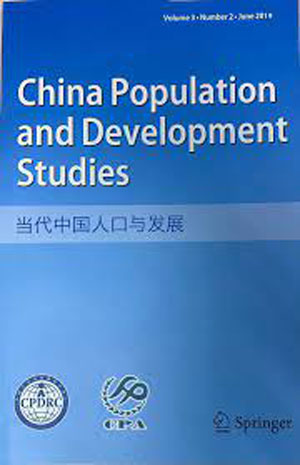Australia. IGR shows super will lift living standards and ease burden on aged pension
The Intergenerational Report has once again confirmed Australia’s compulsory super system has lifted living standards for millions while easing the burden on the aged pension. Despite an ageing population, lifting the super rate to 12% and the maturing superannuation system will see fewer future Australians rely on the taxpayer-funded aged pension to support themselves in retirement. The pension cost is expected to drop from 2.8% of GDP today to 2.1% in 2060. The proportional decrease in pension costs occurs even as...










